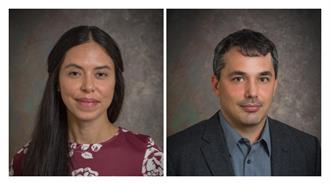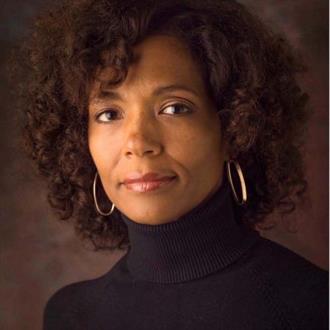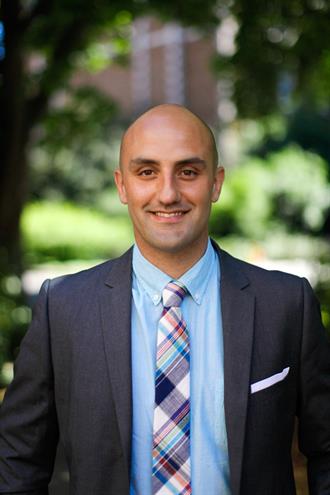Congratulations to CSD’s 2020 Grant Recipients
Four Faculty Members Chosen for Research Funding – including Assistant Professor of Communication John Crowley.
Four Faculty Members Chosen for Research Funding
This past winter, the Center for the Study of Diversity provided two unique grant opportunities to the University of Delaware faculty this year:
- the CSD Faculty Collaborative Grant – Awarded to projects led by two or more principal investigators whose outcomes provide creative ways to understand the challenges and opportunities that engaging diversity offers and demonstrate the potential for positive impact for the University of Delaware and beyond. Grants will support work in public scholarship/community engagement, research data analysis, and policy analysis/research.
- the CSD Faculty Diversity Research Fellowship – Recognizes faculty across disciplines who use a range of research methodologies and who have demonstrated accomplishments and commitments to diversity scholarship. The fellowship will support the scholarship work of selected fellows in ways that advance engagement with their scholarship and support their career development. Research Fellows may examine a range of historical or contemporary issues related to social identities, race, culture, difference, representation, power, oppression and inequality.
CSD is pleased to announce its 2020 grant recipients.
Jennifer Kubota and Jasmin Cloutier – 2020 CSD Faculty Collaborative Grant

Jennifer Kubota, an assistant professor in Psychological and Brain Sciences and International Relations and Political Science, and Jasmin Cloutier, an assistant professor in Psychological and Brain Sciences, are the 2020 recipients of the Center for the Study of Diversity’s Faculty Collaborative Grant for the project entitled: “Uncovering the Mechanisms of Explicit Prejudice“. This collaborative research will examine the neural and psychological processes underpinning explicit racial bias, using functional magnetic brain imaging. Findings from this work will provide foundational research for future studies and grant applications and facilitate the creation of an undergraduate course at University of Delaware on hate and extremism.
Robyn Phillips-Pendleton – 2020 CSD Faculty Diversity Research Fellowship

Professor Robyn Phillips-Pendleton (Art and Design) is a 2020 CSD Faculty Diversity Research Fellowship recipient. She plans to use the fellowship to advance her research by promoting new ideas and connecting visual stories essential to her comprehensive visual and written discourse of race. Extensive research will foster the continuation of historical and contemporary connections between illustrators and the construction of race and identity of underrepresented people. The result will be distributed through lectures, written and visual work.
Phillips-Pendleton says of her research, “The concepts “Constructed Identities,” and “American Commodities and Forced Labor” will spur several large-scale narrative drawings and paintings. My research for “Constructed Identities,” will focus on historical visual stereotypes of black and brown people. The “American Commodities and Forced Labor” narratives will explore the historical origins of forced labor associated with commodities such as sugar, tobacco, cotton and slaves.”
John Crowley – 2020 CSD Faculty Diversity Research Fellowship

Assistant Professor John Crowley (Communication), recipient of a Faculty Diversity Research Fellowship states that “goals of the fellowship are to deepen my knowledge of statistical analyses so that I can thoroughly analyze datasets from two research projects.” Crowley’s projects seek to help people cope with both overt (e.g., hate speech) and covert (e.g., microaggressions) discrimination.
At a microlevel, by providing the financial means necessary to take workshops in statistical methods, Crowley will be better able to publish studies in top ranked journals that will be more visible to a wider range of scholars and audiences. Says Crowley, “My hope is that these publications will inspire other communication scholars to conduct similar research focused on understanding ways to help historically underrepresented populations.” He also details that at a macrolevel, he hopes that the research informs interventions that can reach audiences who can directly and indirectly (supportive allies) benefit from the findings.
Article by CSD Staff
Originally published June 30, 2020
